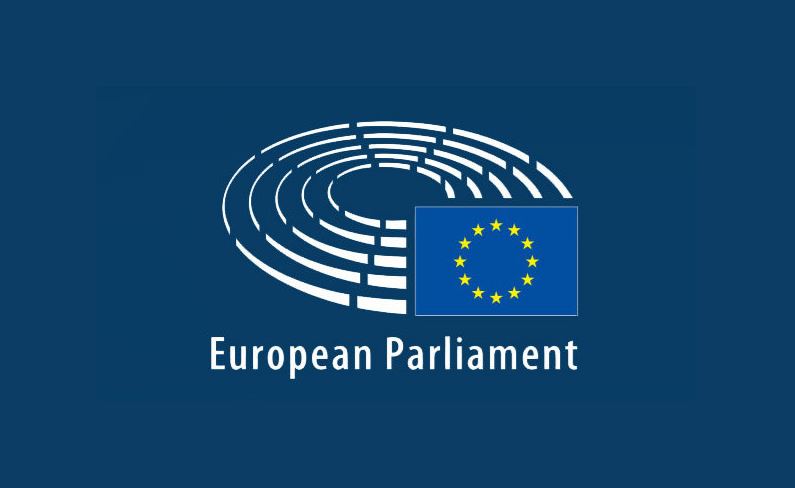European Parliament on Thursday night confirmed a zero-emissions target for new cars and vans from 2035. It reached an agreement on revised CO2 emissions reduction targets for new passenger cars and light commercial vehicles.
“With these targets, we create clarity for the car industry and stimulate innovation and investments for car manufacturers. In addition, purchasing and driving zero-emission cars will become cheaper for consumers. I am pleased that today we reached an agreement with the Council on an ambitious revision of the targets for 2030 and supported a 100% target for 2035. This is crucial to reach climate neutrality by 2050 and make clean driving more affordable,” said Rapporteur Jan Huitema.
The Commission will publish a report by the end of 2025, and every two years thereafter, to evaluate progress towards zero-emission road mobility. The report will cover the impact on consumers and employment, the progress in energy efficiency and affordability of zero- and low-emission vehicles as well as information on the market for second-hand vehicles.
The Commission will monitor and report the gap between the emission limit values and the real-world fuel and energy consumption data annually, with the aim of adjusting the manufacturer’s average specific emissions of CO2 as of 2030.
Under the deal, existing EU funding should be channelled to transitioning to zero-emission vehicles and related technologies, especially towards SMEs along the automotive supply chain and vulnerable regions and communities.
Manufacturers responsible for small production volumes in a calendar year (1,000 to 10,000 new cars or 1,000 to 22,000 new vans) may be granted a derogation until the end of 2035 (those responsible for less than 1,000 new vehicle registrations per year continue to be exempt).
It should review existing rules for the labelling of fuel economy and CO2 emissions for cars by the end of 2024.
